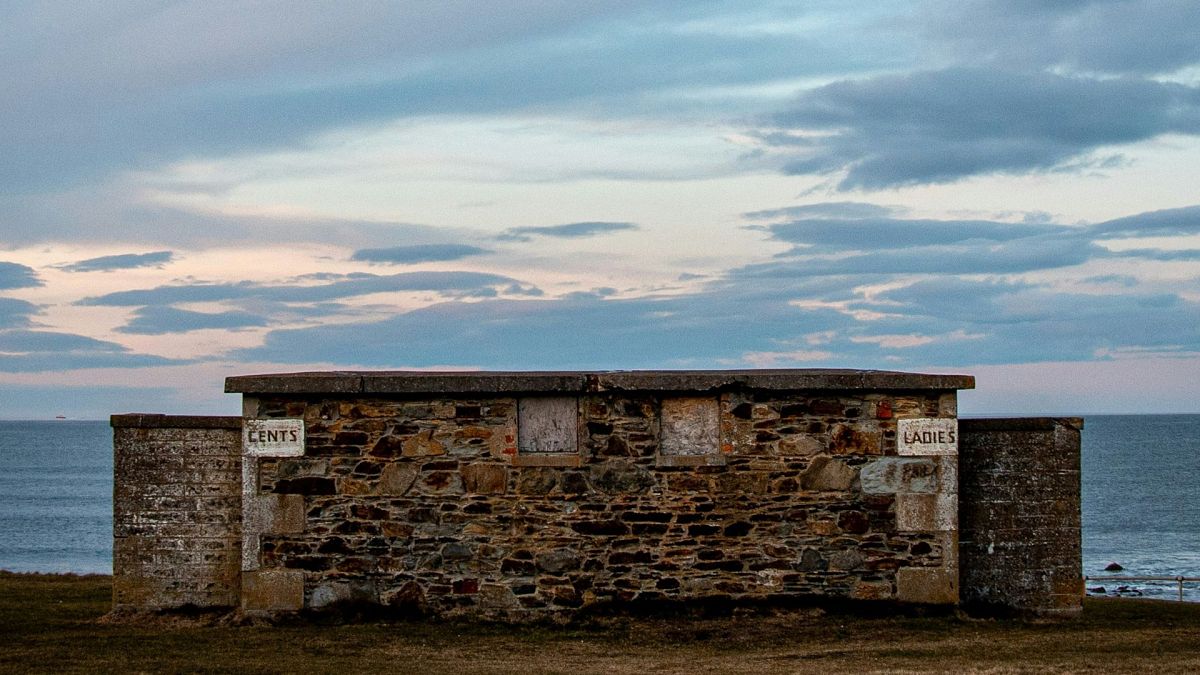With record-breaking numbers of visitors set to hit Spain this summer, the Costa del Sol is taking a pre-emptive strike against one less talked-about side effect of overtourism: pee.
Taking inspiration from the northern Spanish town of Vigo, which introduced fines of up to €750 for “physiological evacuation on the beach or in the sea” two years ago, Marbella is following suit by more than doubling its own fine (previously €300) to match Vigo’s.
Last week Marbella city councillors voted ‘sí’ to protect the sea, approving an ordinance that bans underwater urination at 25 beaches in the Malaga municipality.
Public urination is banned on land too, but that’s a little easier to police. There’s no word yet on how lifeguards will identify holidaymakers having a stealthy wee beneath the waves.
You can’t pee in the sea, but you can smoke on the sands
‘Physiological evacuation’ is not the only prohibition mentioned in the new ordinance, which still needs to pass public consultation before it becomes law.
Beachgoers will no longer be allowed to play with balls in the water, or reserve an area with a parasol. There are also new rules about keeping dogs out of the water and restricting them to dog-designated beaches only.
Smokers and vapers have the go-ahead to keep puffing, but there are fines for littering with cigarette butts or food scraps.
The other Spanish beach towns holding tourists accountable
Vigo in the northern region of Galicia has had a €750 fine for seaside urination since 2022: calling it ‘an infringement of hygiene and sanitary regulations’.
Visit Benidorm, meanwhile, and you could be fined a hefty €660 for using soap or shampoo in the beachside showers. The holiday destination also fines smokers (€2,000) and late-night revellers: venturing onto the sands between midnight and 7am could set you back €1,200.
Smoking is also banned on a number of beaches across Mallorca, Ibiza and Menorca.
But what’s so wrong with a cheeky pee in the sea?
If you’re sustainably minded, you might already follow domestic urination policies such as ‘if it’s yellow, let it mellow’ - i.e. not flushing in order to conserve water. Surely an underwater ‘physiological evacuation’ is equally environmental? Surprisingly not.
Despite comprising about 95 per cent water, urine is toxic to ocean wildlife, can contribute to the destruction of biodiversity and is particularly damaging to coral reefs. That other five per cent contains everything from urea (high in nitrogen), bacteria and residue from medicines, which is why sea-wees have also been banned in Portugal and Thailand.
But scientists at the American Chemical Society have poo-pooed these notions, saying, “It’s our mission to make you know it’s absolutely OK to go in the ocean”, as “the amount of urea in our pee is negligible compared to the sea's volume”.


